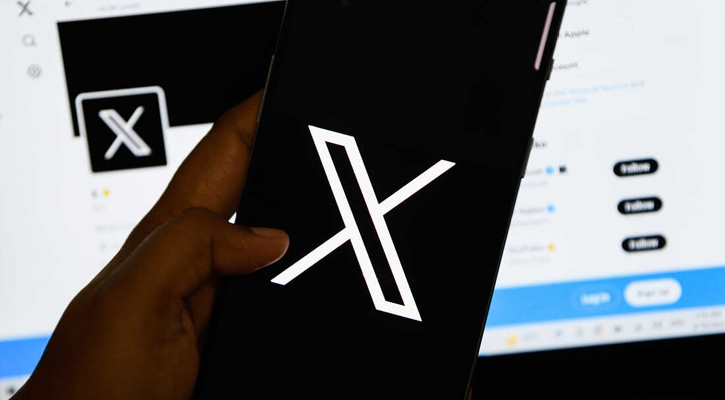Tanzania Imposes Social Media Ban Following Cyberattack, Detains Foreign Observers
Digital Blackout After Cyberattack on Government Accounts
The Tanzanian government has restricted access to the social media platform X (formerly Twitter) following a shocking cyberattack that compromised multiple official accounts, including the Tanzania Police and mobile operator Airtel Tanzania. The incident, which included the unauthorized posting of pornographic content and a false announcement of President Samia Suluhu Hassan’s death, triggered national alarm and led authorities to clamp down on digital access.
Officials described the breach as a minor cybersecurity event, with Government Spokesperson Gerson Msigwa assuring the public that investigations were ongoing and national systems remained secure. Despite this, the state moved swiftly to block public access to X, warning that the use of VPNs to bypass the restriction could result in legal penalties.
Concerns Over Political Motives and Censorship
The decision to block X has raised alarm among civil society groups, media watchdogs, and opposition parties, many of whom accuse the government of exploiting the hacking incident to suppress dissent ahead of the upcoming October 2025 general elections. President Hassan, who is running for re-election, has faced growing criticism for tightening controls on the media and digital space, reversing earlier reforms she had initiated after taking office in 2021.
Opposition figures argue the restriction is politically motivated, noting that the government has a history of using national security justifications to curb free expression, especially online.
Regional Tensions Rise Over Detained Activists
The crisis deepened when it was confirmed that Kenyan activist Boniface Mwangi and Ugandan human rights lawyer Agather Atuhaire both of whom had traveled to Dar es Salaam to observe the treason trial of Tanzanian opposition leader Tundu Lissu were detained by Tanzanian authorities. The Tanzania Law Society disclosed that the two were not deported, as initially believed, but are being held by the Immigration Department.
The arrest of foreign observers has sparked diplomatic unease. Kenya’s Foreign Ministry has demanded their release, while Ugandan officials have also expressed concern over Atuhaire’s detention. Human rights groups across East Africa warn that Tanzania’s actions set a dangerous precedent for the treatment of legal observers and civil society.
Tundu Lissu Faces Treason Charges Amid Political Crackdown
At the heart of the escalating situation is Tundu Lissu, a prominent opposition figure from the CHADEMA party and a former presidential candidate. Lissu, who survived an assassination attempt in 2017, is on trial for treason and spreading false information, charges he denies. His arrest on April 9 followed his vocal demands for electoral reforms and his warning that no fair election could occur under current laws.
During his May 19 court appearance, Lissu defiantly wore a shirt with the slogan “No Reforms, No Election”, reaffirming his position despite the charges he faces. The government has requested more time for investigations, with the trial adjourned to June 2.
Tanzania Denies Entry to More Foreign Observers
Adding to the tensions, Tanzania has denied entry to several prominent Kenyan political figures and human rights advocates, including former Kenyan Chief Justice Willy Mutunga and opposition leader Martha Karua, who attempted to attend Lissu’s trial. The government has justified its actions by claiming the need to prevent “foreign interference” and maintain national stability.
President Hassan recently warned that foreign activists will not be allowed to destabilize Tanzania, a comment that has drawn criticism for its perceived authoritarian tone. Critics say such rhetoric is being used to legitimize repression ahead of the election.
Opposition Calls for Electoral Reforms Intensify
The CHADEMA party and its allies have long criticized Tanzania’s electoral system, claiming it favors the ruling Chama Cha Mapinduzi (CCM) party, which has ruled since independence. They are demanding the creation of an independent electoral commission, a fair legal framework, and the restoration of political freedoms before participating in the 2025 polls.
Lissu’s prosecution and the broader crackdown on critics have been viewed by international observers as part of a broader pattern of shrinking democratic space in the country.
Conclusion: A Region Watching Closely
As Tanzania moves closer to its general elections, the government’s decisions to restrict digital freedoms and detain foreign observers have prompted regional and global concern. While the administration defends its actions as necessary to preserve national security, critics warn they may further erode civil liberties and undermine public trust in the democratic process.
With legal proceedings against Lissu ongoing and activists still in custody, the world will be watching closely to see whether Tanzania upholds human rights and rule of law or continues down a path of increased repression and censorship.








